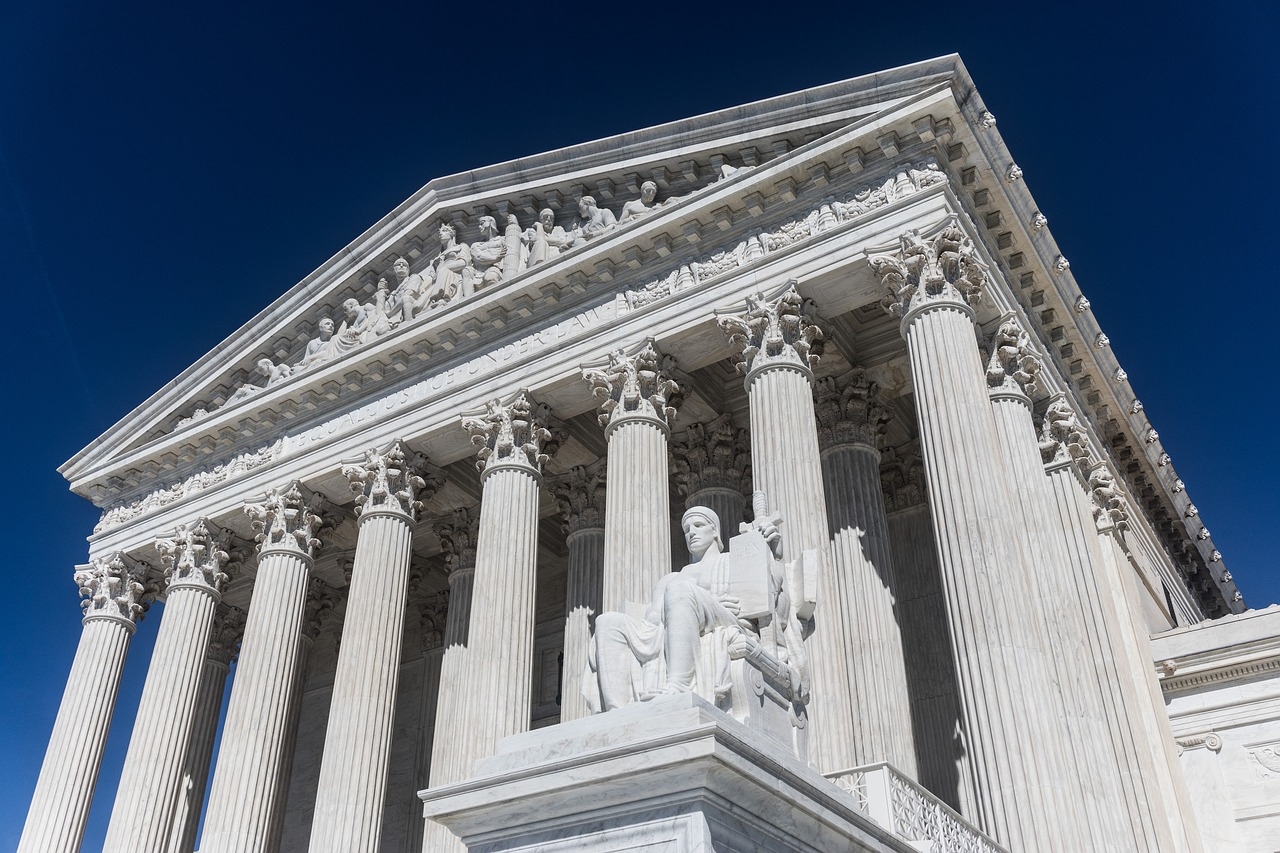U.S. Supreme Court upholds class action waivers in employee arbitration agreements
Finds labor laws protecting “concerted activity” no obstacle
Contributors

Christian Scali

Jasmin B. Bhandari
The U.S. Supreme Court recently issued a 3-for-1 opinion protecting class action waivers in employee arbitration agreements. This decision is consistent with the California Supreme Court’s 2014 ruling, in Iskanian v. CLS Transportation Los Angeles, which also upheld the enforceability of class action waivers in employment arbitration agreements, but carved out an exception for actions brought under the Private Attorney General Act (PAGA).
What was the legal opinion about?
This decision consolidated three cases to resolve the issue of whether arbitration agreements that waive class actions and class arbitrations are enforceable under the Federal Arbitration Act (FAA), or if, instead, such waivers violate the collective-bargaining provision of the National Labor Relations Act (NLRA). The Court found they did not, reversing the judgments in Ernst & Young LLP v. Morris andEpic Systems Corp. v. Lewis, and affirming the judgment in National Labor Relations Board v. Murphy Oil USA, Inc.Interestingly, for years the NLRB did not question these waivers, but took a contrary position only in 2012. Those against such waivers assert that employees, typically in weaker bargaining powers, are left with no choice but to accept the agreement as presented, waiving their ability to hold large employers accountable for individually small, but collectively significant violations, such as those under wage and hour law.

The Court rejected the argument that the waivers were unenforceable under the FAA’s “saving clause,” which states that an arbitration agreement is valid “save upon such grounds as exist at law or in equity for the revocation of any contract.” Instead, the Court held that: (1) the NLRA was not drafted to protect litigating as a class, and therefore, did not render the waivers illegal; and (2) even if it had, the FAA’s saving clause was not triggered because the NLRA’s attack on individual arbitration interfered with the policy of the FAA to enforce arbitration agreements on their terms.
The Court took a textual approach in reaching this ruling – not wanting to disturb the laws passed by Congress, nor read into them protections that were not expressly there. At the conclusion, the Court acknowledged Congress’s ability to “amend this judgment,” but stated that for now, arbitration agreements must be “enforced as written.” In doing so, the Court strongly indicated that it views arbitration under the FAA as inherently individual.
What does this mean for California dealers and other employers?
Subject to compliance with other requirements, employers can (and should) continue to have class action waivers in arbitration agreements with employees. However, pre-dispute collective action waivers, such as those that waive PAGA claims are still unenforceable under Iskanian.
Employers should note; however, that Congress is considering legislation to drastically limit the application of arbitration agreements, though such laws are unlikely to pass under the current administration.
What’s next?
The next major national decision regarding employee arbitration agreements is expected next term in Lamps Plus Inc. v. Varela, when the Supreme Court will consider whether an arbitration agreement that is “silent” on the issue of class arbitration allows employees to nonetheless pursue those claims on a class basis. Since the Court has already emphasized the “individualized nature” of arbitration, another win for employers may be on the horizon.
